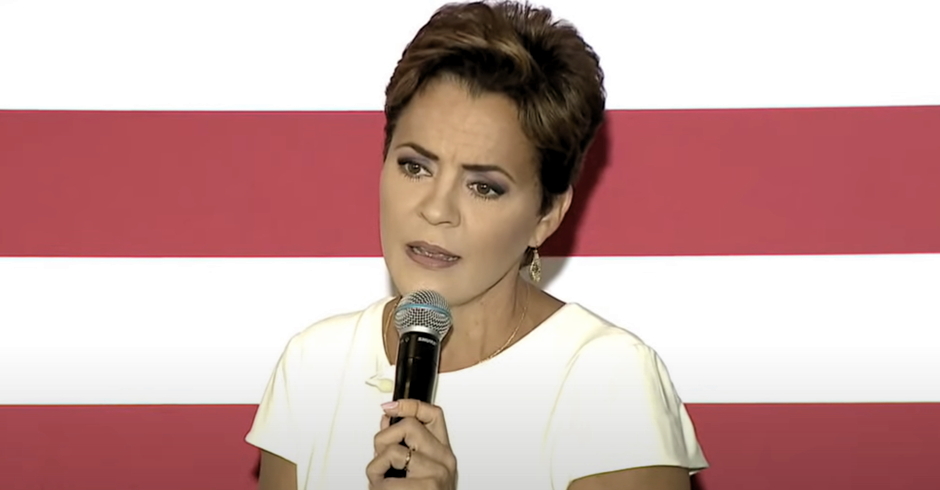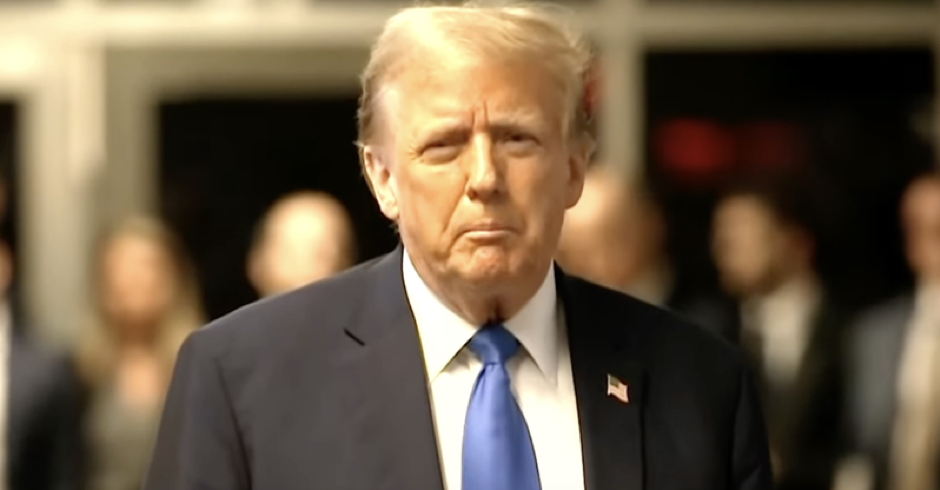Major League Baseball Makes Major Announcements Supporting Gays, Opposing Homophobia
Major League Baseball today is making two major announcements in support of LGBT people and gay players, and offering posthumous support for its first openly-gay player.
Tonight in Minneapolis Seattle’s Felix Hernandez will throw the first pitch for the American League and St. Louis Cardinals’ Adam Wainwright will open for the National League. But by the time the first pirch is thrown, Major League Baseball will have made two enormous announcments in support of the LGBT community.
First, former MLB outfielder Billy Bean, who played for the Tigers, the Dodgers, and the Padres from 1987-1995, will be named MLB’s ambassador for inclusion. It is the first appointment of its kind. Bean came out as gay after he retired — technically the second MLB player to do so — and penned an autobiography in 2003, Going the Other Way: Lessons from a Life in and out of Major-League Baseball.Â
Outsports reports that “Bean’s job will be to assure all MLB stakeholders of an inclusive and equitable workplace and provide awareness and educational resources that help mandate the league’s workplace code of conduct. Bean will focus not just on sexual orientation, but also intersections of race, gender and other issues of diversity.”
A major focus of Bean’s work with the League will be to help end homophobia in the locker rooms, front offices, on the fields and in the stands. Bean will visit all 30 MLB teams within the next year and talk with players, coaches and front-office executives about steps they can take to end homophobia in their ball clubs. He will also be tasked with building partnerships and developing a complete program that will make baseball a model for LGBT inclusion.
“It’s ironic that I am returning to baseball to help erase the same reason I left,” Bean told Outsports in an exclusive interview. Bean left baseball in 1995 shortly after his then-partner passed away. Bean skipped his partner’s funeral to play in a game for the Padres, lest someone discover he was gay.
“Our work is just beginning. I want this generation’s coming out stories to be uplifting, happy, and inspire others to be who they are, and fulfill their true potential. At the end of the day, it’s all about giving everyone the best chance to succeed, to play free of burden. I want every player and all stakeholders of MLB to know that I will be a trusted friend, whether it is for educational purposes, or simply someone who will listen if they need to talk.”
And in another historic announcement, Major League Baseball tonight will recognize Glenn Burke (image, top) as baseball’s first openly-gay player. He played for the L.A. Dodgers and the Oakland Athletics from 1976-1979. He died in 1995 of AIDS-related causes.
An extensive profile of Burke in today’s New York Times notes that “Burke was 27 when he walked out on Major League Baseball, his promising career as an outfielder undone mostly by the burden of being a semicloseted gay man. It was 1980, and it was more important, Burke later explained, to be himself than to be a professional baseball player.”
“It’s harder to be gay in sports than anywhere else, except maybe president,†Burke said in 1982, when he came out publicly in an Inside Sports magazine article. “Baseball is probably the hardest sport of all.â€
More than three decades later, and nearly 20 years after Burke’s death, Major League Baseball still has not had an active player publicly disclose that he is gay. There probably are several gay men currently playing, but the sport awaits its Robbie Rogers, its Jason Collins, its Michael Sam.
Attending the game will be Lutha Burke, one of Glenn Burke’s five surviving siblings, who cared for Burke in his final months as he withered and died from the effects of AIDS, and her daughter Alice Rose. Burke died in 1995.
“It was overdue, and Glenn has a story that needs to be told,†Lutha Burke, 66, said over a cup of coffee, sitting beside Rose. “Glenn wouldn’t be upset that it took this long. He’d just say, ‘It’s about time you guys showed up.’ â€
In an interesting note, the Times adds that Burke invented the high-five. And, as the video below states more clearly, it is believed that Burke dated Tommy Lasorda’s son — which was not something that went over well at the Lasorda home.
Few knew he was gay, but rumors percolated. Burke was wildly popular in the clubhouse, known for playing loud music, dancing and spot-on Richard Pryor imitations. He is widely credited with inventing the high-five.
The Dodgers were less enamored. Burke had a strained relationship with Manager Tommy Lasorda, whose son, Tom Lasorda Jr., befriended Burke. (The younger Lasorda died in 1991 from complications from AIDS, though his father routinely cited other illnesses, from pneumonia to cancer, and denied that his son was gay.) Al Campanis, the Dodgers’ vice president, offered Burke bonus money if he married, something he later said was not a bribe but a gesture rooted in tradition, as the Dodgers encouraged family stability and maturity on their roster.
In 2010, The New Civil Rights Movement published a story about Burke being the first and only openly-gay Major League Baseball player, and this video:

Enjoy this piece?
… then let us make a small request. The New Civil Rights Movement depends on readers like you to meet our ongoing expenses and continue producing quality progressive journalism. Three Silicon Valley giants consume 70 percent of all online advertising dollars, so we need your help to continue doing what we do.
NCRM is independent. You won’t find mainstream media bias here. From unflinching coverage of religious extremism, to spotlighting efforts to roll back our rights, NCRM continues to speak truth to power. America needs independent voices like NCRM to be sure no one is forgotten.
Every reader contribution, whatever the amount, makes a tremendous difference. Help ensure NCRM remains independent long into the future. Support progressive journalism with a one-time contribution to NCRM, or click here to become a subscriber. Thank you. Click here to donate by check.
 |











